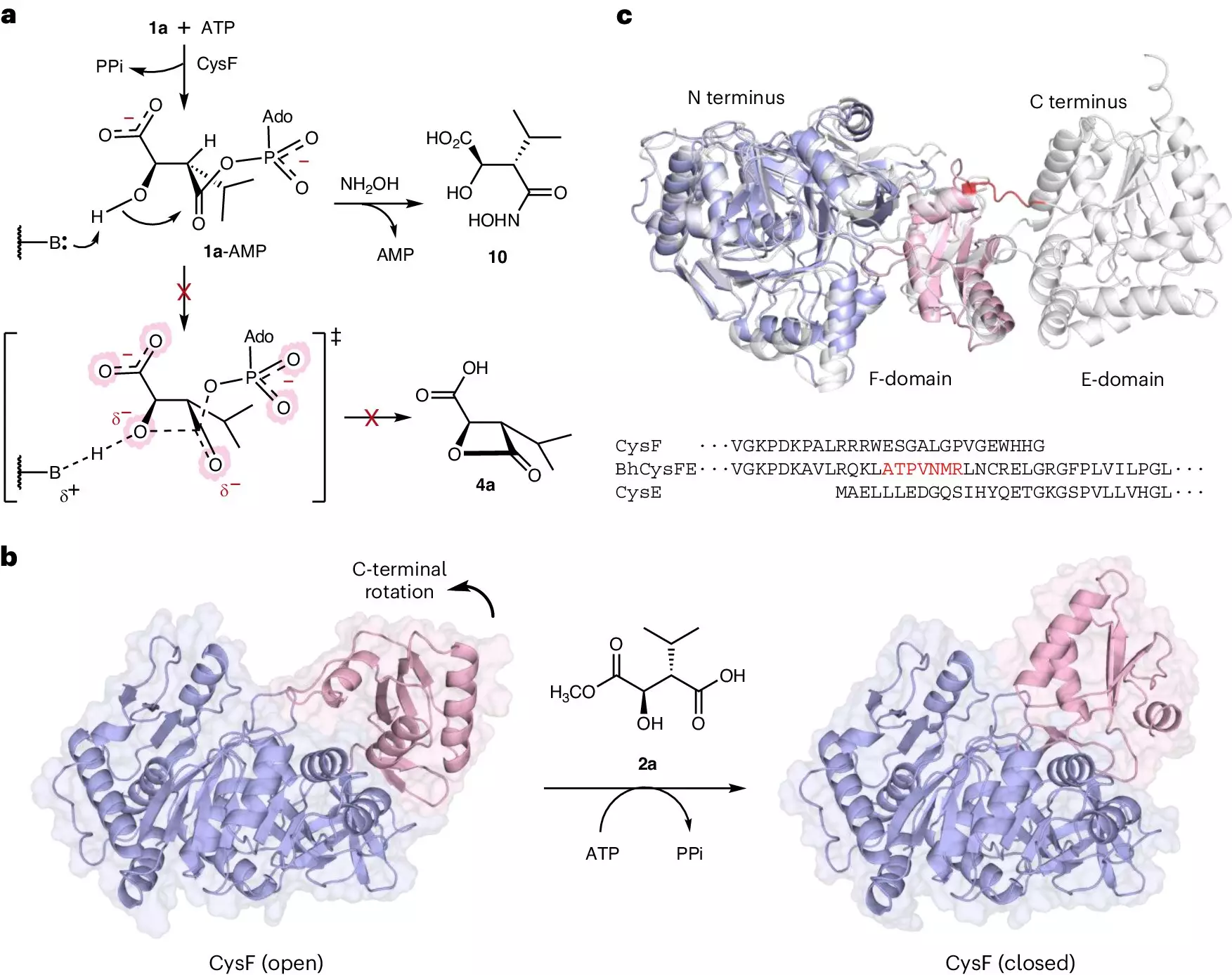Recent developments at the University of Manchester herald a potentially transformative era in the field of medicinal biochemistry. Researchers have unveiled a groundbreaking approach to the synthesis of peptide-based medicines, a class of therapeutic agents that hold promise for treating a variety of challenging conditions, including cancers. Peptides, which consist of short chains of amino acids, serve as key players in many biological processes and have been utilized for decades in medications targeting diabetes, infections, and cancer. However, the traditional methods for synthesizing these bioactive molecules often involve complicated procedures laden with environmental drawbacks.
The Environmental Cost of Conventional Methods
Traditional peptide synthesis is marked by its reliance on intricate chemical processes that generate significant waste. In a world increasingly sensitive to environmental sustainability, the chemical-heavy methodologies currently in use raise serious concerns. Not only do they require toxic reagents and volatile organic solvents, which pose environmental hazards, but they also contribute to escalating manufacturing costs. Furthermore, these methods are rarely scalable, limiting the availability of critical peptide drugs. In light of this, the urgent need for a greener, more efficient approach to peptide synthesis has never been more pressing.
The Role of Ligase Enzymes
In a striking departure from these traditional methods, the team at Manchester has explored and identified a novel family of ligase enzymes. These biological catalysts function as molecular glue that facilitates the assembly of peptide sequences with remarkable efficiency. By utilizing these ligases, researchers demonstrate that peptides can be produced in a singular, streamlined process that yields significantly higher amounts than previously feasible. Professor Jason Micklefield, the lead researcher on this project, emphasizes the potent implications of this discovery, noting the potential for enhanced anti-cancer activities that these peptides could have following this innovative synthesis method.
The Scientific Significance of This Breakthrough
What sets this breakthrough apart is not just the improved efficiency, but the environmentally friendly nature of the ligase enzymes. The isolated ligases were discovered through rigorous exploration of bacterial genomes, leading to the identification of a range of enzymes already involved in the natural assembly of peptides. This process mimics the way nature constructs peptides, thus offering a cleaner route devoid of the detrimental side effects associated with synthetic chemistry. Dr. Guangcai Xu, another prominent figure in the research, remarks on the potential versatility of these ligases, suggesting that they could lead to the assembly of longer, more complex peptides for an array of therapeutic uses.
Challenging the Status Quo in Pharmaceuticals
The implications extend beyond academic interest; they touch upon a transformative potential within the pharmaceutical industry. The potential for collaboration with major pharmaceutical companies indicates a clear market interest in this research. The focus now shifts toward optimizing these enzymes for larger-scale peptide synthesis, paving the way for a new generation of therapeutics with improved accessibility and affordability.
Future Directions in Peptide Research
As the research team continues to refine and develop these new ligase enzymes, the landscape of peptide synthesis may well be on the cusp of a substantial overhaul. By establishing solid collaborations with industry leaders, the Manchester team is on a path to disseminate these innovative methods into the broader marketplace, offering hope not only for cancer therapies but also for numerous other medical applications.
The groundbreaking work accomplished by the scientists at the University of Manchester is laying a foundation for a more sustainable and efficient future in pharmaceutical manufacturing, particularly regarding peptide-based drugs. The advantages offered by this new class of ligase enzymes encapsulate a promising shift away from traditional methods, potentially redefining the landscape of drug development and accessibility.


Leave a Reply